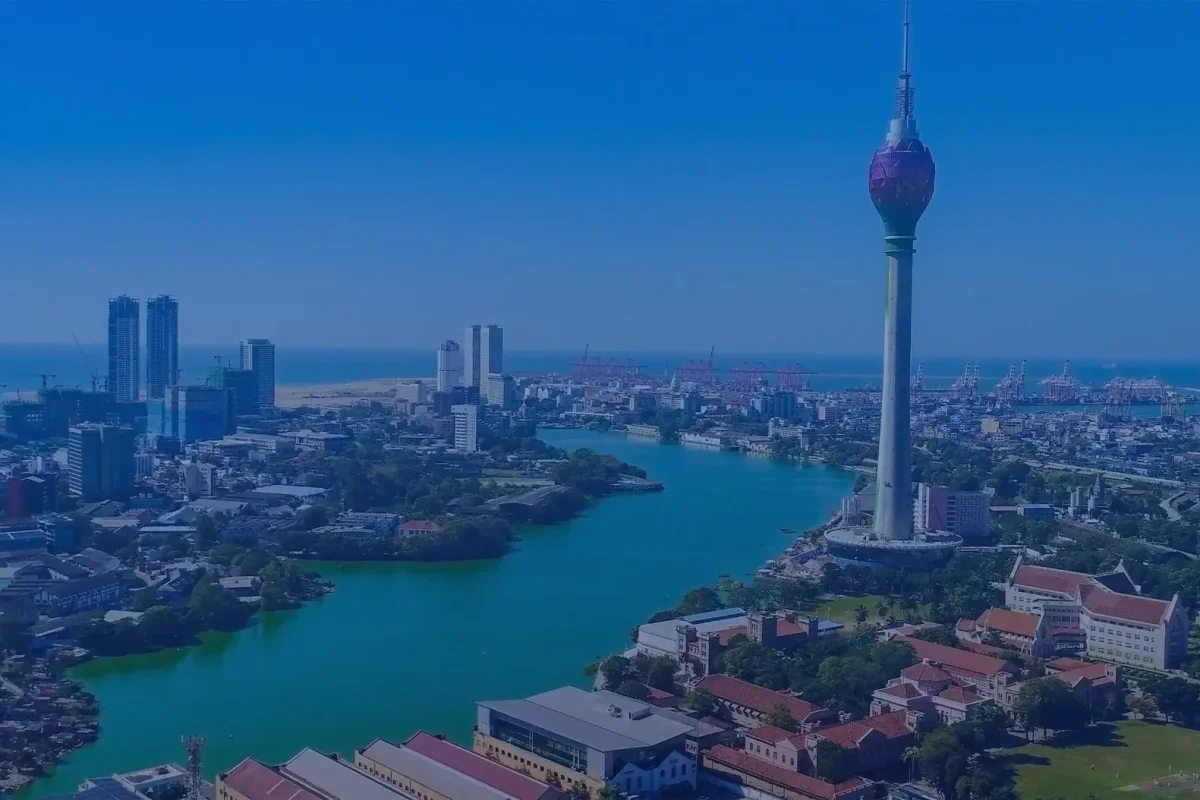SRI LANKA PUSHES SWEEPING GAMBLING SECTOR REFORMS
Colombo, Sri Lanka – Sri Lanka is on the cusp of a major overhaul of its gambling industry. A new draft bill, championed by President Anura Kumara Dissanayake in his capacity as Minister of Finance, Planning, and Economic Development, proposes the establishment of a Gambling Regulatory Authority.
If passed by Parliament, the Gambling Regulatory Authority Act would create an independent, centralized body to oversee all aspects of the nation’s gaming landscape. This authority would have a broad mandate, extending to online gambling, offshore gaming aboard ships as well as the rapidly developing integrated resorts in Colombo Port City.
Modernizing a Fragmented Industry
At present, Sri Lanka’s legal gambling industry is limited to horse racing—at venues like the Royal Turf Club in Nuwara Eliya—and a small number of licensed casinos in Colombo, including Bally’s. The new bill seeks to repeal outdated legislation, including the Horse Racing Betting Ordinance, the Gambling Ordinance and the Casino Ordinance, replacing them with a cohesive, modern regulatory framework.
The goal is threefold: to ensure transparency and accountability, combat illegal gambling and generate significant new revenue for the national economy. The proposed authority would handle licensing, monitor operator behavior and enforce strict compliance with financial and legal standards, including Anti-Money Laundering (AML) and Know Your Customer (KYC) protocols to guard against financial crime.
The Cabinet approved the draft legislation on April 21, clearing the way for debate and a vote in Parliament. With President Dissanayake’s National People Power (NPP) party holding a strong majority of 159 out of 225 seats, the bill is widely expected to pass. It aligns closely with the President’s broader campaign to combat organized crime and corruption by offering regulated alternatives to illegal betting operations.
Economic Upside and Social Responsibility
For a country still recovering from economic turmoil, the financial upside is considerable. The bill proposes raising the turnover tax on gaming establishments from 15% to 18%, while casino entry fees for locals are expected to double to $100. Prospective casino operators would also face stringent investment requirements—reportedly a minimum of $250 million—to qualify for licenses.
These reforms arrive as international interest in Sri Lanka’s gambling market heats up. Melco Resorts & Entertainment is slated to open its City of Dreams Sri Lanka casino within the Colombo Port City in the third quarter of 2025, operating under a 20-year license granted last year. Other ventures, including the Majestic Pride Casino at Colombo’s Lotus Tower, further reflect growing investor confidence in a regulated environment.
Yet the government is careful to pair economic ambition with social safeguards. The new regulatory authority will also be responsible for promoting responsible gambling. This includes mandatory self-exclusion registers, player wagering limits, and other measures designed to prevent addiction and excessive gambling, particularly amid rising interest in sports betting.
Regional Contrast
Sri Lanka’s push for structured regulation stands in sharp contrast to trends elsewhere in South Asia.
Neighboring Bangladesh, for example, has intensified its crackdown on online gambling. Under the new Cyber Security Ordinance 2025, promoting or operating online gambling can result in up to two years in prison or fines of approximately $80,000.
Although most forms of gambling remain illegal in Bangladesh, online gambling had previously existed in a legal gray zone. Authorities have already identified over 1,000 financial service agents allegedly involved in illegal transactions. The Bangladesh Bank has been urged to revoke their licenses and impose financial penalties.






